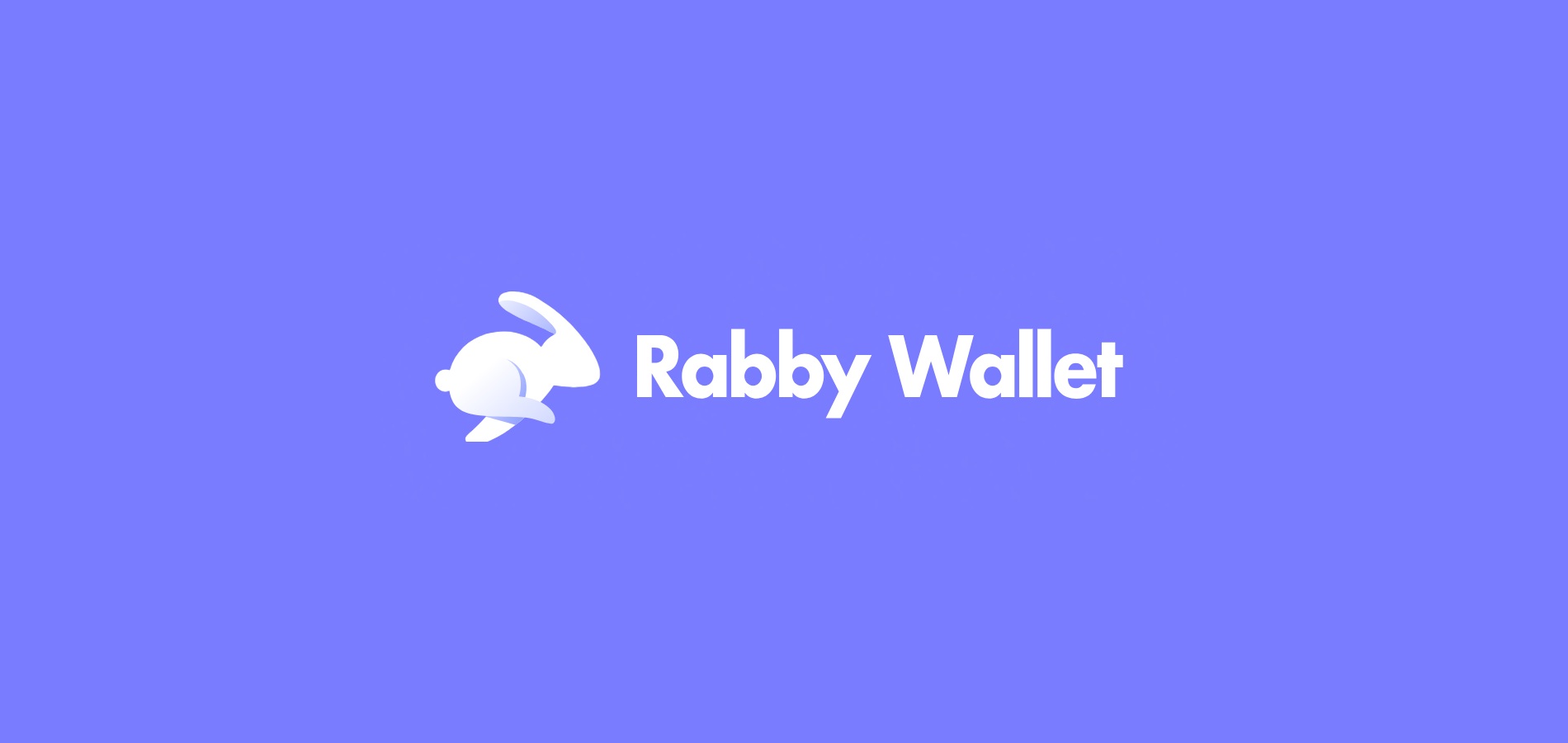So I was fiddling with some DeFi apps yesterday, and wow, the whole token approval process just hit me differently this time. Seriously, managing permissions can be a real pain—sometimes I feel like my wallet is handing out keys to the kingdom without me even realizing it. You ever get that gut feeling that somethin’’s off about some smart contract interactions? Yeah, me too. It’s like, one minute you’re approving a token, and the next, your funds are exposed to who knows what.
Here’s the thing: browser wallet extensions have evolved past just being a simple bridge to the blockchain. They’re becoming these smart, multi-chain managers that help you keep tabs on your token approvals with surgical precision. Initially, I thought all wallets handled approvals the same way—approve once, done forever. But then I dove deeper and realized how varied and risky this landscape really is. Some extensions don’t even alert you when a contract tries to pull more tokens than you expected!
My instinct said there had to be a better approach. That’s when I stumbled on rabby. I’ll be honest—it’s not just another wallet extension. It’s designed with approval management front and center, which is a breath of fresh air in a space cluttered with confusing UX and hidden dangers.
Really? Yes. The way it handles token approvals blew my mind. You can see detailed info on every contract’s allowance, revoke or adjust permissions on the fly, and it supports multiple chains seamlessly. Multi-chain support is huge because juggling tokens across Ethereum, BSC, Polygon, and others can get messy fast. (Oh, and by the way, the interface is surprisingly clean—not cluttered like some other tools out there.)
But wait, there’s more. I found that many users overlook the risks of unchecked smart contract permissions. For example, a dApp might request an infinite approval to save you time, but that’s exactly where vulnerabilities creep in. If the contract is compromised, or if you connect to a shady dApp, your tokens could be drained without you even noticing until it’s too late.
Check this out—

—this dashboard snapshot from rabby shows how you can easily spot and revoke risky approvals. The transparency here is a game-changer because most wallets just hide this info in complex settings or don’t show it at all.
On one hand, I get why some users prefer to approve once and forget—it’s just easier. Though actually, that convenience often backfires. You trade off security for speed, and your funds become exposed. On the other hand, constantly managing approvals can be tedious, especially if your wallet UI makes it a chore. That’s why a smart extension that automates alerts and simplifies revocation is so valuable.
Something felt off about the usual browser wallets that claim to support multi-chain but fall short on security features. I dug into how rabby tackles this problem differently. It actively warns you about suspicious contract interactions, flags risky token approvals, and even provides granular control over each permission. This makes the whole approval process less like navigating a minefield blindfolded.
Okay, so check this out—beyond just managing approvals, the extension also streamlines smart contract interactions. Many times, when you interact with DeFi protocols, the UX is clunky and confusing, and you might accidentally sign transactions that do more than you bargained for. With rabby, the prompts are clearer, showing exactly what you’re authorizing, which is a must-have if you’re moving serious funds.
Something else that bugs me about some wallet extensions is how they handle multiple chains. Usually, switching networks feels clunky, and your approvals don’t carry over, so you lose track of permissions. But with a multi-chain wallet like rabby, everything syncs nicely. You have a unified view of your token approvals across different blockchains, which is insanely useful.
Initially, I thought relying on a browser extension might introduce security risks, but then realized that well-designed extensions actually reduce exposure by giving you more control. It’s like having a security guard who not only watches the door but also checks the ID of every visitor in real time. The key is finding a tool that balances usability with strong security features.
Actually, wait—let me rephrase that. It’s not just about security, but also about trust and transparency. Wallet extensions should empower users to understand what they’re signing without forcing them to be blockchain experts. This is where many tools fail, but rabby shines by making everything intuitive even for power users and newcomers alike.
Now, I’m not 100% sure if this approach is perfect yet—there’s always room for improvement, especially as DeFi protocols evolve and new attack vectors emerge. But at least with tools like this, you’re not flying blind. You get real-time feedback and can adjust your token approvals dynamically, which is super reassuring.
And yeah, it takes a bit of discipline to regularly audit your approvals, but the extension makes it less painful. Instead of a chore, it becomes part of your routine, like checking your phone notifications—only this time you’re protecting your assets.
One last thought: the crypto space in the US has been navigating regulatory uncertainties and rapid innovation. Having a browser wallet extension that simplifies complex tasks like token approval management is not just convenient—it’s downright necessary. Especially if you’re dabbling in multiple chains and DeFi protocols, where the risk is spread out but also harder to track.
If you’re a DeFi user who’s been ignoring token approval hygiene, I’d say it’s time to get serious about it. Try a tool that’s built with these challenges in mind. rabby might just be the upgrade your wallet setup needs.
Anyway, I’ll keep exploring this space and see how these tools evolve. For now, managing token approvals smartly feels like the low-hanging fruit for improving DeFi security. And hey, better safe than sorry, right?
.jpg)